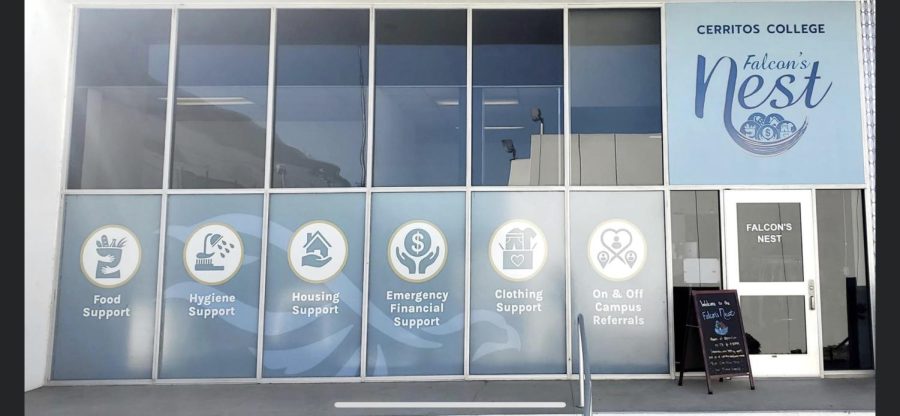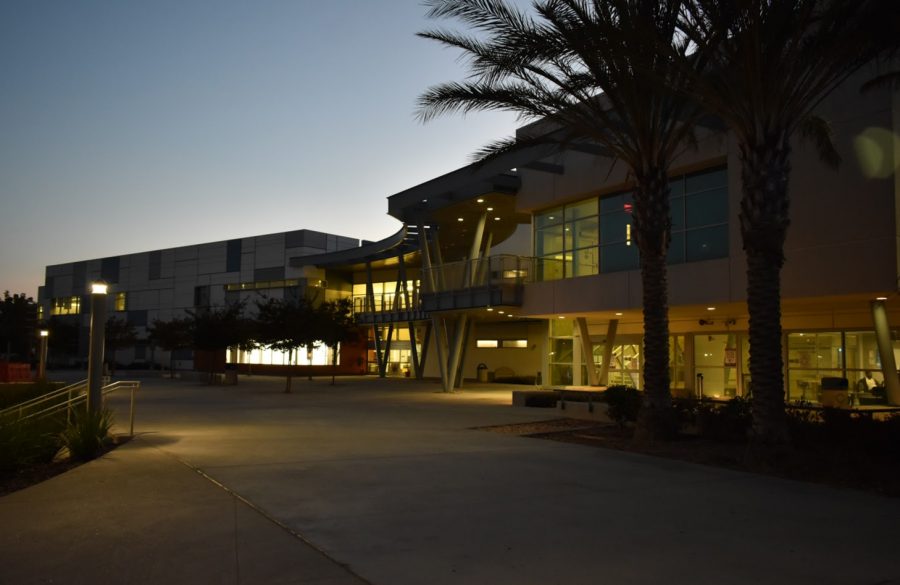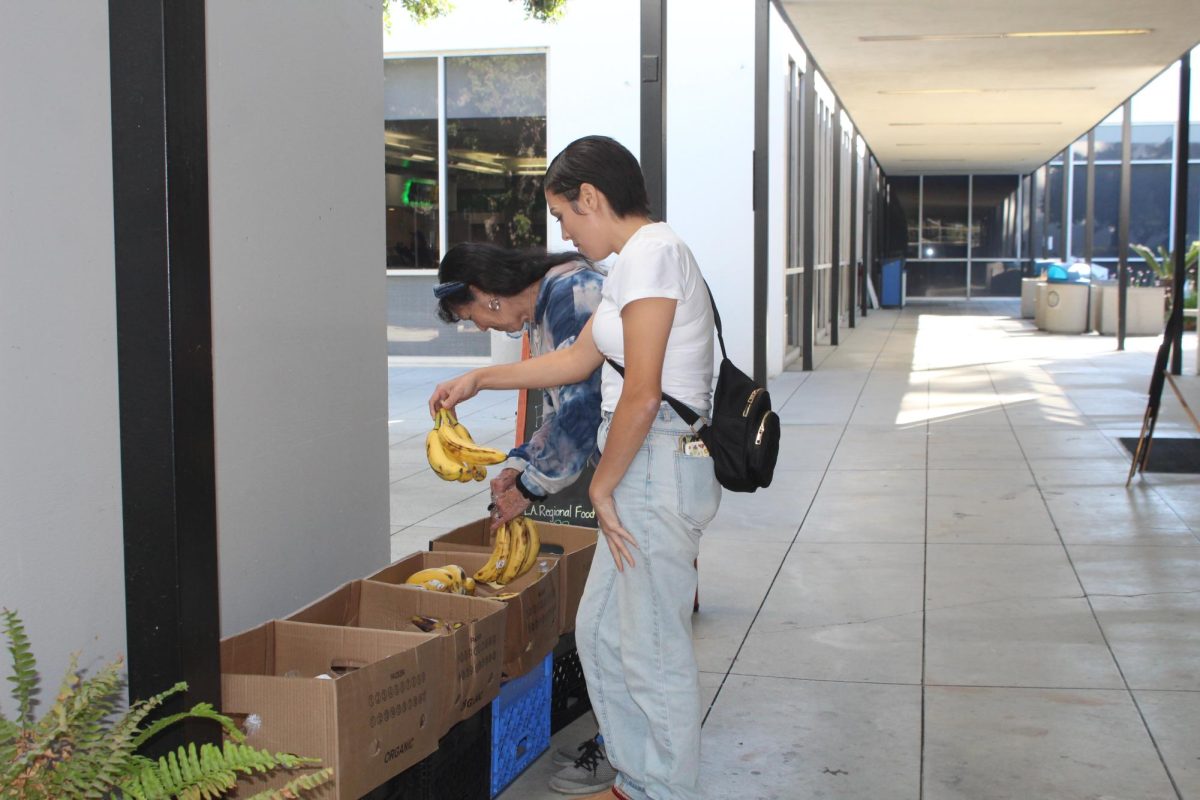“It [the fee increases for classes] should be null and void. I should get more classes while it’s cheaper.”
This was anthropology major Valerie Ercxe’s thought regarding the potential delay in the raising of fees for classes.
The California Legislature passed a bill that now defers a $10 fee increase that would have raised fees from $36 to $46 per unit until summer 2012. This bill is contingent on if the state revenues drop more than $1 billon dollars below the projections that the state expects.
Sociology major Edger Meda said, “Either way, they are planning to raise the fees. Why delay it until next year or the following year when they can just do it right now. Just do it and get it over with.”
This bill now places question marks around the cuts, which were originally proposed to take effect in the spring 2012 term.
If signed by Gov. Jerry Brown, students at community colleges all over the state will be afforded time to reassess the state of their finances and plan accordingly.
Jack Scott, Chancellor of California Community Colleges released a statement regarding this bill.
“I congratulate the Legislature for passing this bill [Assembly Bill Extension 1 32] that defers until summer a $10 per unit fee increase in the event that mid-year budget cuts are deemed necessary.
“Without this change, colleges [are likely] to implement the increases with only a couple of weeks’ notice, and administrators would be placed in the untenable position of trying to collect higher fees from students who have already completed registration for spring classes.”
Scott continued, “This bill, if signed by the governor, gives colleges and students adequate time to prepare for increased fees if they become necessary.”
The potential increase is based on the state of our finances in California. If California revenues drop lower than the $1 billion dollar projected income, the increase would take effect.
The increase, which was originally going to be implemented during Spring 2012, will now be deferred to Summer 2012.
Auto Technician and Computer Graphics major Brandon McCovey talked about the positive impact that this decision will have on students hoping finish to up their education.
“I think that it is a good thing because it gives me a chance to get all of my classes done before they raise the prices, so I can get them [classes] out of the way before they raise up anything else.”
This change came into effect due to Brown having some provisions in his state budget that he signed in late June.
Due to these provisions, Brown gave the California Legislature until Dec. 15 to perform a month-by-month state revenue review.
The Governor previously decided that if the revenues fall more than $1 billion below where the state projected them to be, then the California community colleges will be cut by an additional $30 million in addition to the proposed increase of the student fee per unit.
Paige Marlott-Dorr, Director for Communications for the California Community Colleges Chancellor’s Office addressed her concerns about these changes.
“The decision won’t be made until Dec. 15 and many of the community colleges have already started collecting fees for the spring semester so administratively it would be very difficult for them to go back to the students and collect that money.”
Marlett-Dorr also spoke of the impact that this would have towards students, saying, “For the students it’s a hardship if you’re planning on $36 per unit and, for example you took 20 units, then you have to come up with something like $200 right away.”
Computer science major Tobby Coosure shared in the excitement of the new bill, saying, “They shouldn’t increase it because not very many people have very much money to go to school. Paying for books is hard and I am barely scraping by to go to school right now.”
The Chancellor’s Office is concerned about community college students who are both lower-income as well as upper-income having the means to afford such a dramatic increase.
By the Dec.15 deadline, the state will know if it is below that $1 billion projection giving administrators and students time to plan for it.
Surgical technician major Lakeshia Tenner expressed her frustration about the fee increase in general, saying, “The first one [fee increase] was bad enough so it is kind of ridiculous to be raising them again especially so close together. Enough, especially in this economy.”
California Community Colleges are different than California state schools and universities in that they do not set their own fees. The Legislature and the Governor set fees for California Community Colleges.
Since the increase during the 2010 summer semester, students have seen fees increase 77 percent.















